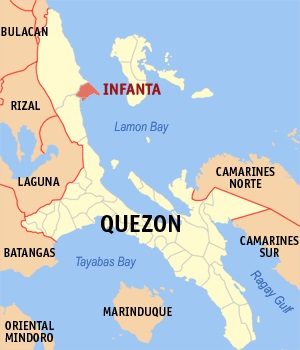SAN PEDRO CITY — Cavite province is set to ramp up its local testing capacity after the Department of Health (DOH) approved the use of a university molecular laboratory in the province to test for coronavirus.
The DOH and the Research Institute for Tropical Medicine (RITM), the country’s main testing center, issued the certification on May 8 for the De La Salle Medical Health and Sciences Institute in Dasmariñas City to perform independent testing.
It was the first subnational government-accredited laboratory in South Luzon seen to help free up RITM of the bulk of specimen samples at least those coming from Cavite.
Since the local outbreak, provinces in the Cavite, Laguna, Batangas, Rizal, Quezon (CALABARZON) region submit specimen samples collected from its residents to RITM.
Haydee Sy, De La Salle’s director for Institutional Communications, said with the laboratory’s current set up—three polymerase chain reaction (PCR) and a natch CS extraction machine that automates the testing process—Cavite can now test as much as 1,100 samples in a day.
Over the past month, the De La Salle laboratory has started taking in samples from suspected or probable cases in the province although only for the purposes of acquiring the DOH certification.
“We’ll just finish those (already in the laboratory) and after that, we can start with the targeted mass testing,” Sy said in a phone interview, Sunday.
Cavite governor Juanito Victor Remulla said the order for the mass testing would start with the healthcare workers and medical frontliners.
After which, Sy said they would test people involved in relief missions, the personnel manning border checkpoints, and then the factory workers and market vendors as well as people in their households.
The DOH said that as of May 9, 1,071 people in CALABARZON have contracted the disease, of which 121 died and 304 recovered.
In Cavite alone, 218 people were infected with the virus, out of which 25 had died.
Local health officials, however, doubted the real score of the virus infection given the lack of massive testing on the ground, with many suspected or probable cases dying without getting tested at all.


